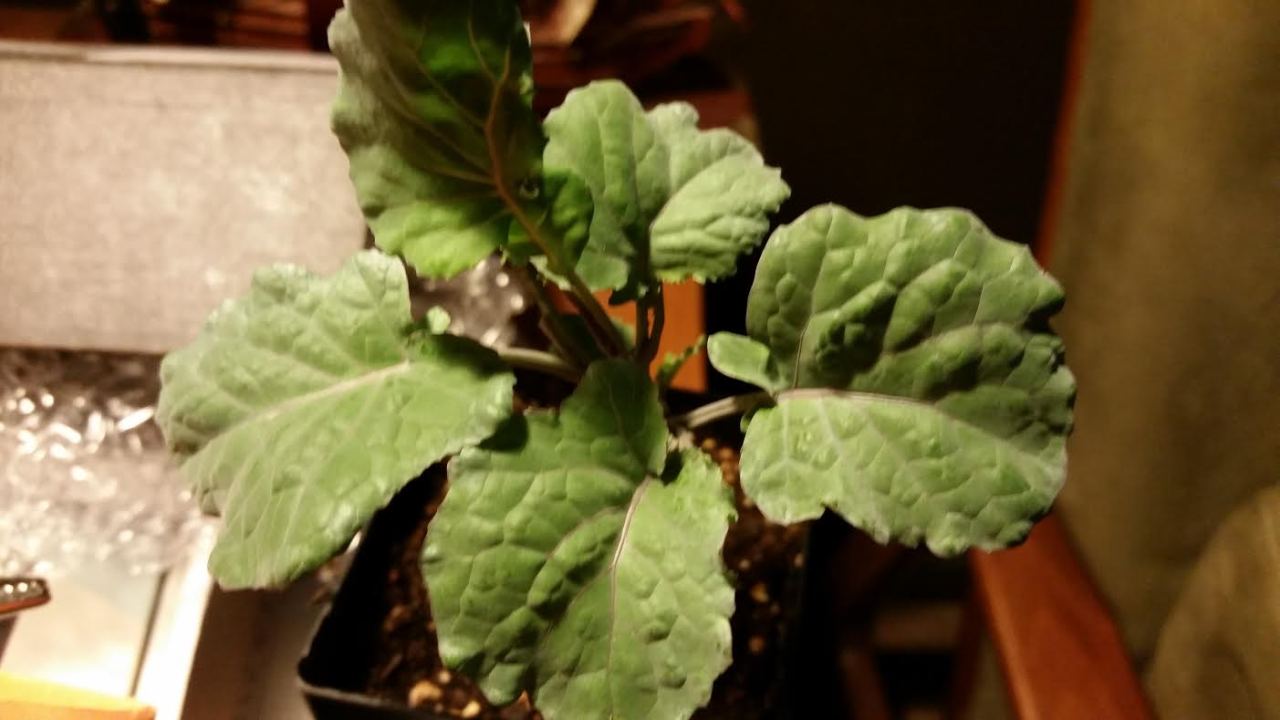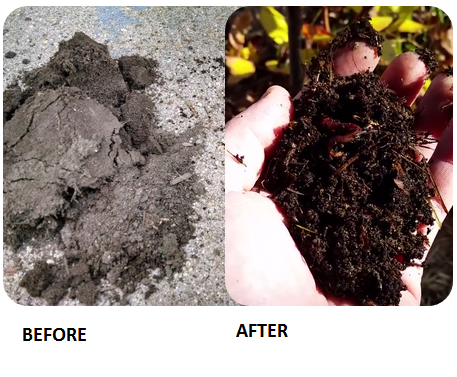- Thread starter
- #11
jasonvivier
Garden Ornament
again!
I like your setup and the ideology surrounding it. I'm working towards something similar, but it's hard to get all of that set up well with rented land. In 2014 the vegetable garden was only weeded once or twice. Sure some plants got crowded out and died, but what did survive thrived. I got about 4x as much from one cucumber plant last year than I got from one in seasons before, using the same varieties. I planted a huge mix of beans and got more than I could keep track of. I did have huge "infestations" of all kinds of "pests" in the garden, but they didn't harm a thing, either they were busy eating the weeds or the ecology in the garden was healthy enough to keep the pests down. I did have a lot of camomile growing in there, they reseed like crazy.
How are the Kajari Melons? I was considering buying them from the Explorer Series section of Baker Creek not too long ago, but decided that I was spending too much money on vegetable seeds.
Can't wait to hear more from you!
Kajari melons are the best. But I think Baker Creek is sold out. I'll make some seed available if I can after the season ends.

 !
!
